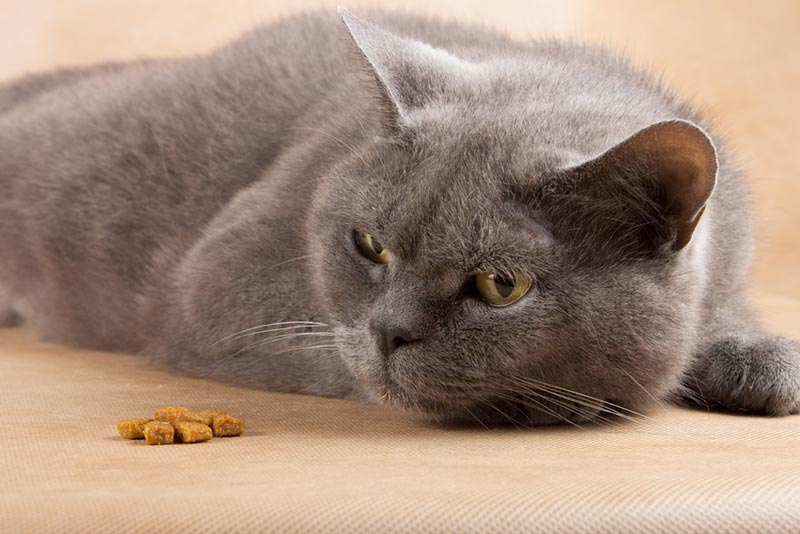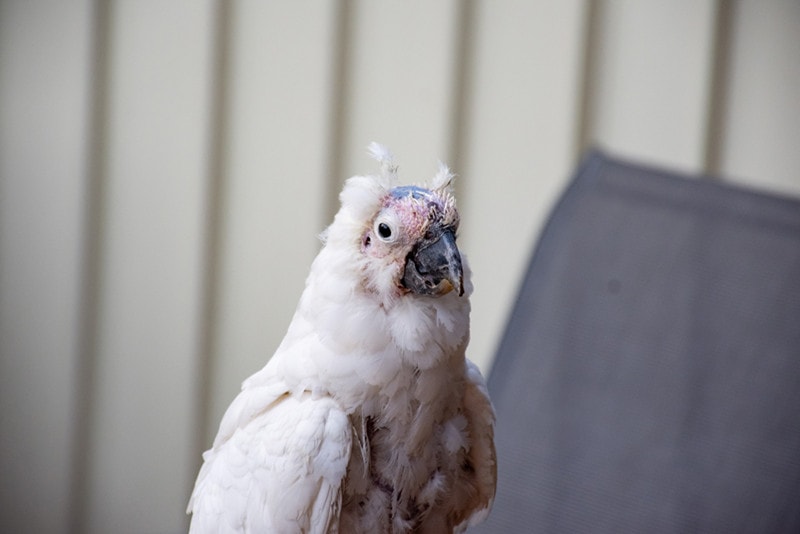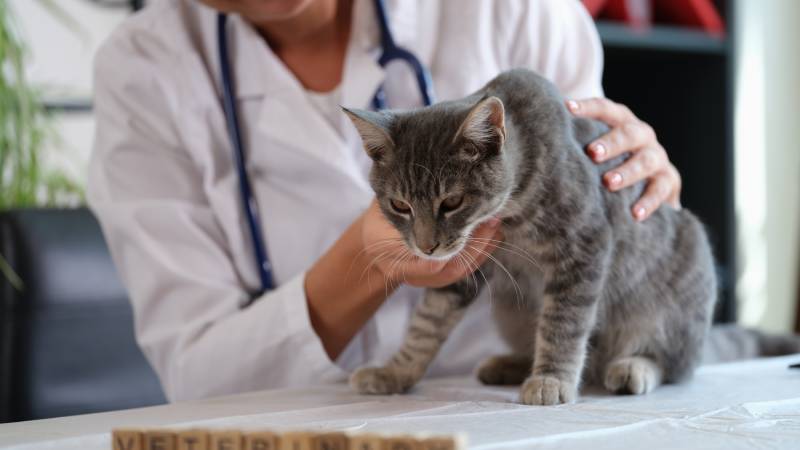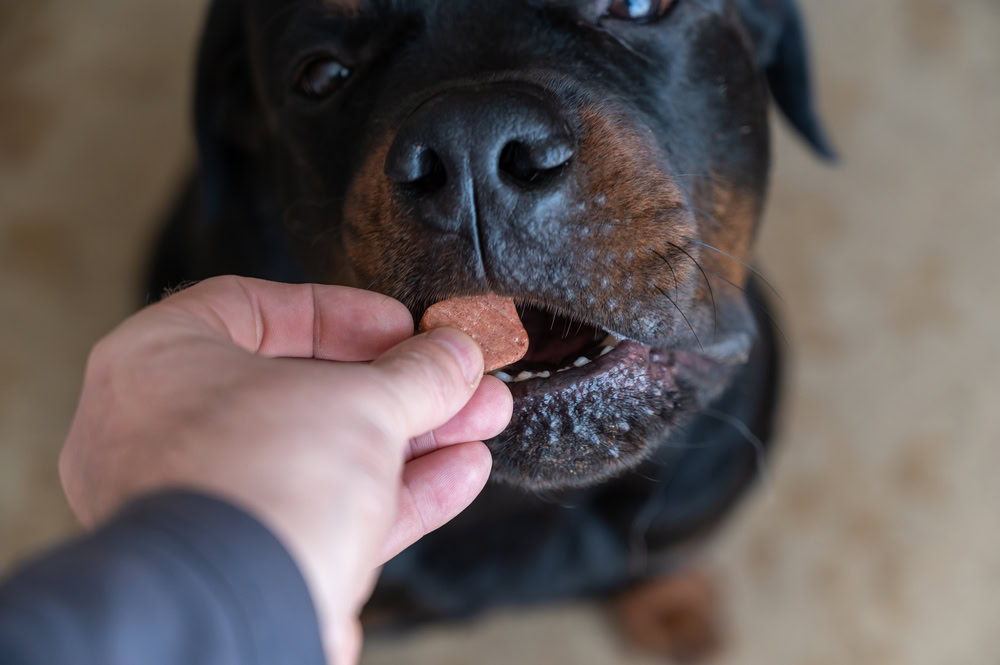VET APPROVED

The information is current and up-to-date in accordance with the latest veterinarian research.
Learn more »Click to Skip Ahead
Anesthesia is a feat of modern-day medicine. Humans have been slicing and dicing for thousands of years—stitching wounds and removing lumps, bumps, and limbs—yet before the invention of anesthesia, people were expected to be held or tied down or to drink large amounts of alcohol to help them pass out.
Thanks to leaps in the medical field over the last two centuries, we and our pets now have the luxury of being put under an anesthetic and being completely unconscious for surgical treatment.
But with anesthesia comes a certain set of requirements to lower the risk of being put into an altered state of consciousness, such as fasting. So, if humans must fast before surgery, do cats have to fast too? The simple answer is yes! What has become more complicated and has sparked debate in the last decade is this question: For how long should they fast?

Why Do Vets Recommend Fasting Before Surgery?
The purpose of fasting before surgery is to limit complications under anesthesia. More specifically, when patients are under a general anesthetic, they lose the ability to swallow.
This increases the risk of stomach contents being aspirated into the lungs. Having an empty stomach limits the likelihood of a patient suffering from gastroesophageal reflux disease (GER), where stomach contents are regurgitated into the esophagus, possibly leading to inflammation of the esophageal lining; and aspiration pneumonia, where stomach contents are inhaled into the lungs.
Either can be fatal. GER is said to occur in 33% of anesthetized cats and is likely to be underdiagnosed given that its signs are extremely diverse and can often be missed. Limiting the incidence of this through fasting is vital.
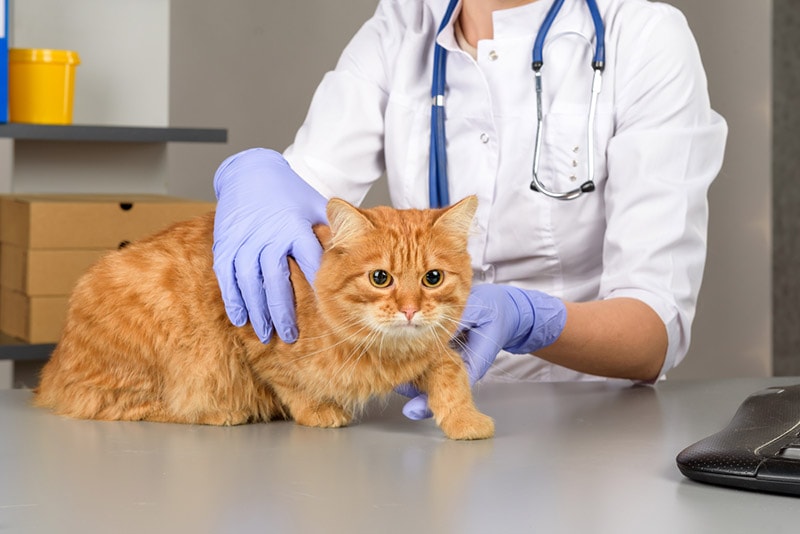
How Long Does a Cat Need to Fast Before Surgery?
In the veterinary world, there is a great variation in the standard practices for fasting, though it is commonly accepted that cats do need to be fasted prior to surgery. The standard advice is for you to give them their normal dinner the night before and to refrain from giving them breakfast on the morning of their procedure. So, depending on the time that your cat has surgery that day, this results in a 12–18-hour fasting period.
For cats, we have little evidence about the appropriate fasting times for anesthesia. However, the American Association of Feline Practitioners in 2018 recommended a fasting window of 3–4 hours, a vastly lower number than the standard veterinary recommendation.
Withholding food for longer than this is what has been traditionally accepted since a 1946 paper discussed the aspiration of gastric contents in obstetric patients during anesthesia. While the 6–12-hour (and longer) fasting window is often routine advice, it is not evidence-based, and several studies have recently started to question the science behind this suggestion.
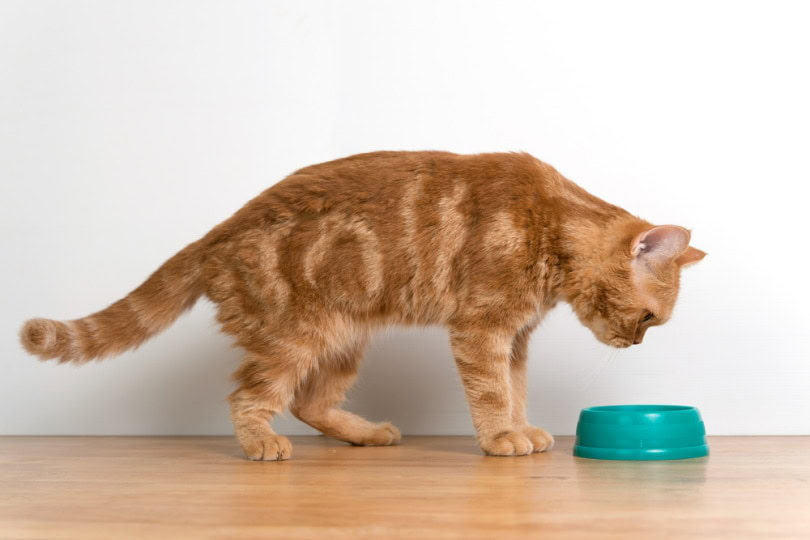
We have far less research about cats regarding fasting windows than dogs, and for dogs, the evidence shows that fasting for too long can increase the risk of reflux. Many recommendations for fasting times are also patient-dependent. Young kittens need to have a shorter fasting window than older cats, for example, as do diabetic patients.
To summarize, fasting is recommended, but you should follow your veterinarian’s advice regarding fasting times for your cat, as there is currently no hard-and-fast rule when it comes to exactly how long is optimal. The time will be recommended based on the veterinarian’s discretion and can range from anywhere from 3–4 hours to 12 hours.
Can My Cat Have Water Before Surgery?
All animals should have access to fresh drinking water on the morning of their surgery. However, it is considered best practice to prevent them from drinking water 2 hours prior to their surgery. Basically, you do not need to limit their access to water until the morning before they go under general anesthesia.
So, if the surgery starts at about 9 a.m., you should not give your cat any water after 7 a.m. unless your veterinarian has specified otherwise.
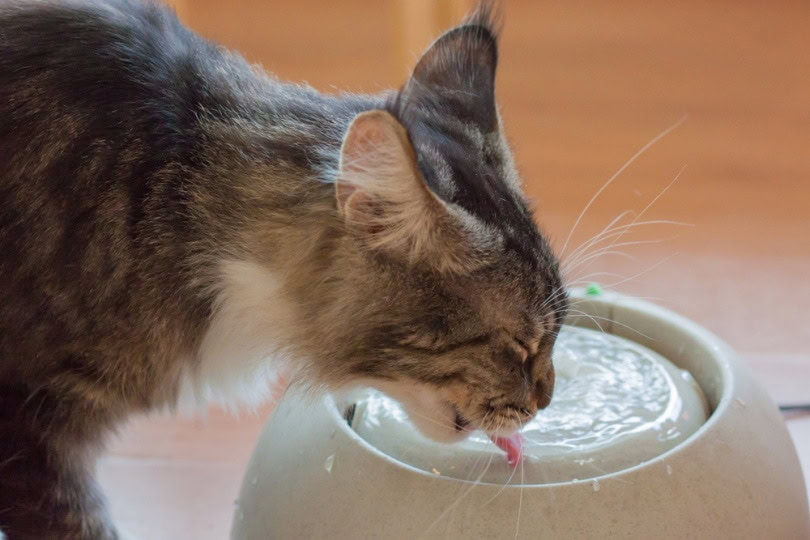
My Cat Accidentally Ate Some Food the Morning of the Surgery – What Do I Do?
If your cat has accidentally eaten food the morning of their surgery day, please know that you are not the first cat owner that this has happened to and will not be the last!
That said, it is essential for your pet’s safety that you inform your veterinarian of what they ate and how much, so a decision can be made about whether they will proceed with the surgery later in the day or rebook for another day with the appropriate fasting window. A decision will always be made with your cat’s best interests in mind and to limit any possible risks.

Conclusion
Many factors go into getting a pet through their surgery safely, and it all starts with fasting at home the night before. Although modern anesthesia is safe, vets take every aspect of it very seriously. Recommendations for pets always keep their best interests at heart, so while your cat may fuss that they are not getting a morning treat or their timely breakfast, you can be assured that it is for the best.
If you have any specific questions or concerns, speak with a veterinarian before their procedure.
Featured Image Credit: Elena Kutepova, Shutterstock
